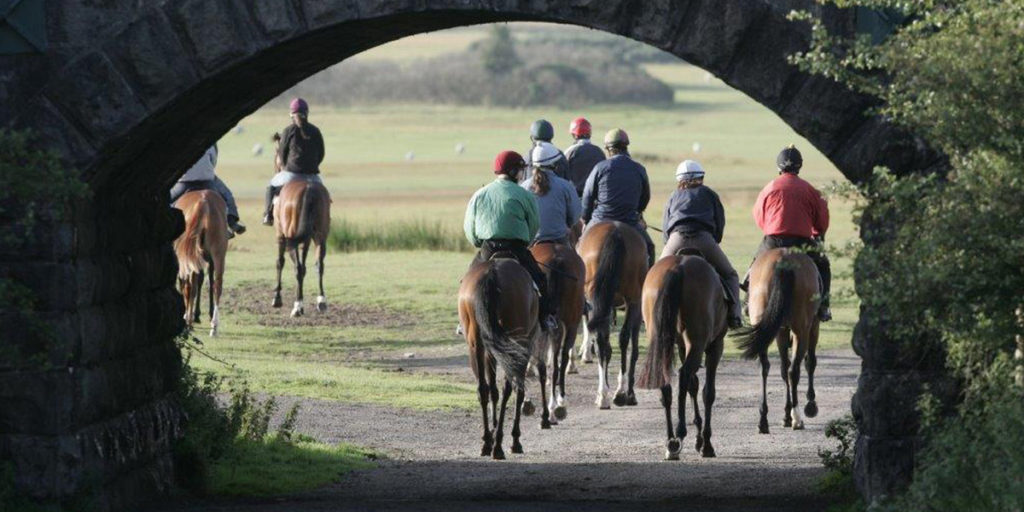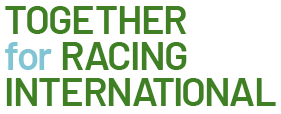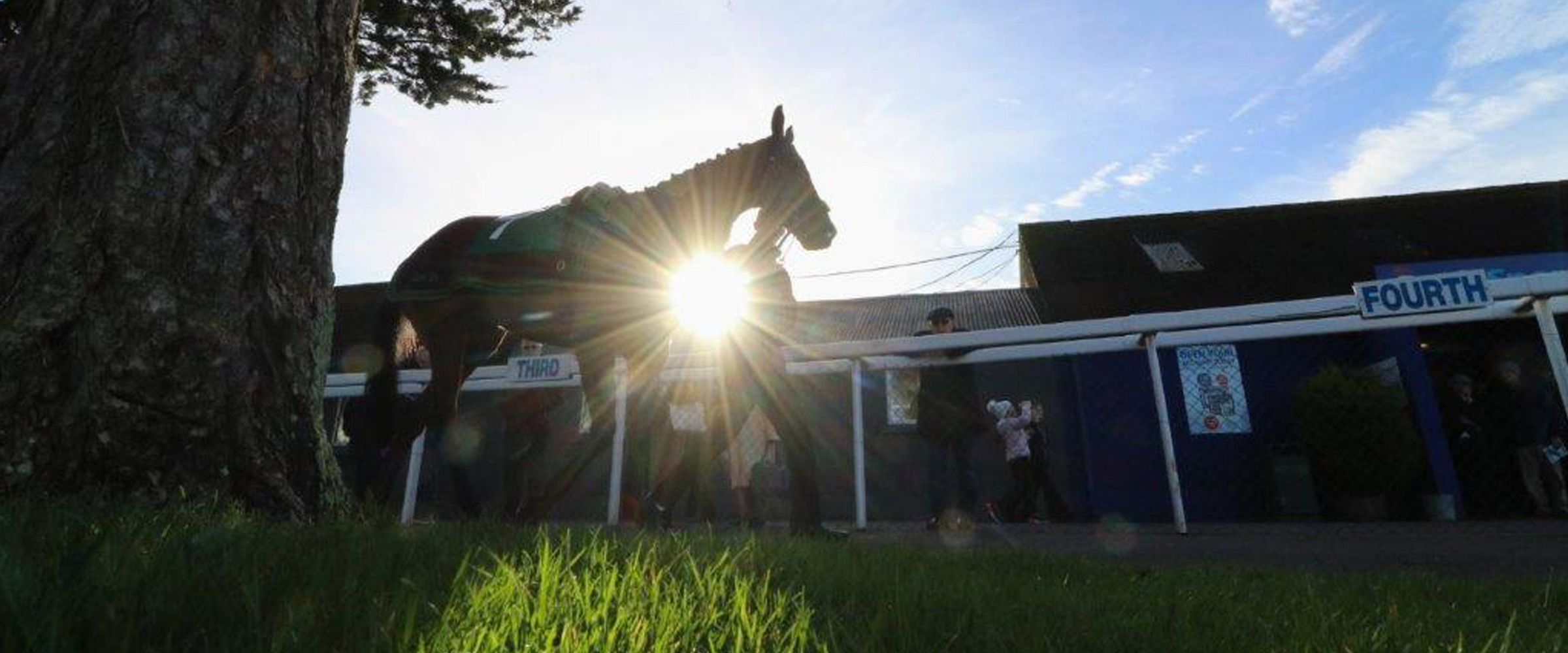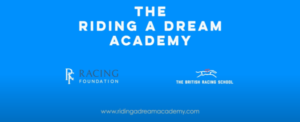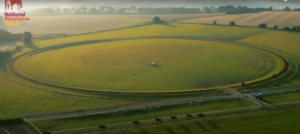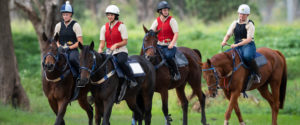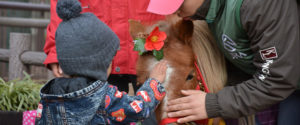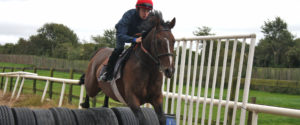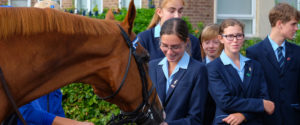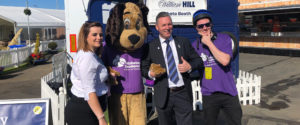Employment standards in Ireland key to achieving industry excellence
Country: Ireland
Employees in the thoroughbred industry rise before the break of dawn. There are early mornings in the stables, dishing out feed or tacking up for training, and late nights returning from the races or visiting a vet. Days operate to the rhythm of galloping hooves, cleaning stalls, grooming coats and rattling feed buckets.
It is a love for the horse that attracts many people to work at breeding farms, training centres, racecourses, or veterinary practices. But providing the best care for the horses also requires a high standard of respect and care for the employees who work with them.
With a goal to implement best practices, articulate the value of industry employees, and develop a sustainable workforce, Horse Racing Ireland (HRI) created the Employment Guide for Horse Breeding & Racing Sectors.
Developing a guide
The Employment Guide for Horse Breeding & Racing Sectors is part of HRI’s Strategic Plan, which outlines an objective for “Driving Excellence Through People”. This acknowledges that the future success of the horseracing and breeding industry depends on a continued population of dedicated and qualified staff, and a mission to increase direct and indirect employment from 28,900 (in 2017) to 35,000 by 2024.
Industry trade organisations, including the Irish Racehorse Trainers Association, the Irish Stable Staff Association, and the Irish Thoroughbred Breeders’ Association, worked collaboratively on the guide over 12 months, assisted by the Workplace Relations Commission and Horse Racing Ireland.
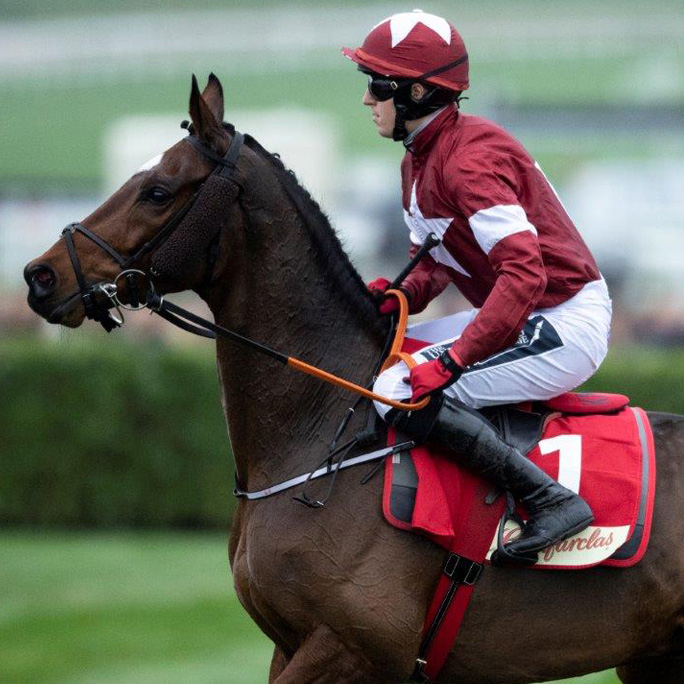
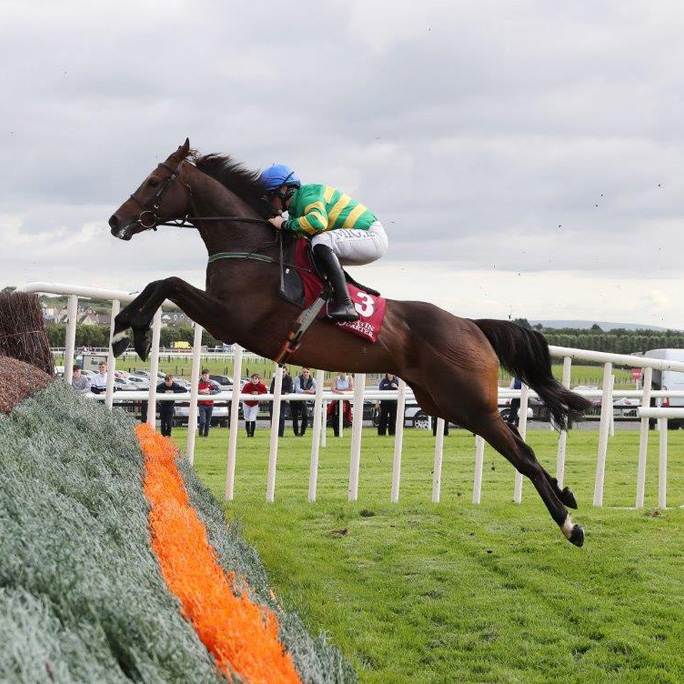
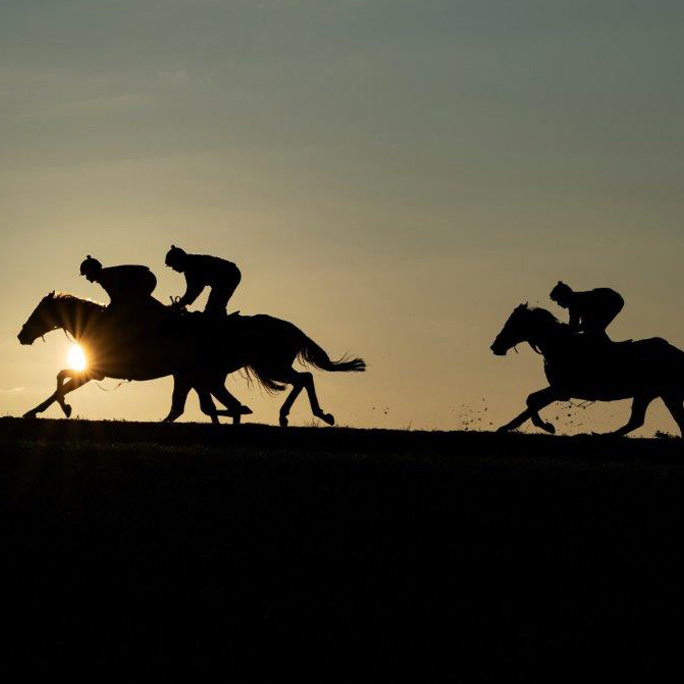
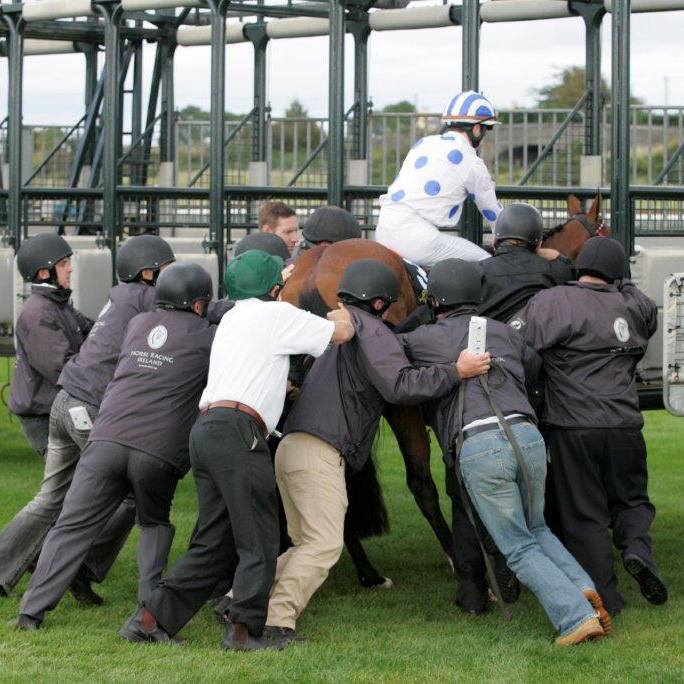
Detailing the essentials
The guide is a comprehensive resource of employer and employee “essentials”. It details recruitment and hiring processes, negotiating contracts and fair pay, fair work breaks and holidays, general health and safety and ending employment.
The horseracing and breeding industry supports almost 29,000 jobs in rural Ireland. These employees have a worldwide reputation for excellence, so I welcome this publication which allows tradition to be harnessed in a modern working environment where employees expect such standards to be in place.
Charlie McConalogue, TD, Ireland’s Minister for Agriculture, Food and the Marine
Valued across the globe
From country to country, thoroughbred industry breeding and racing practices might differ slightly, but one thing remains the same: employees must feel safe and supported to provide the best work and care for the horses.
Parents want to know their child will be entering a safe and sustainable industry. Educators want to know their students will have opportunities. Jobseekers desire respect and progression.
By setting standards which show employees that they are valued and will be cared for, the thoroughbred industry is enhancing both the reality and the perception that it is a great place to work and develop a career.
Visit the Ireland page on TfRI for more information about the country’s educational, community engagement and career initiatives.
